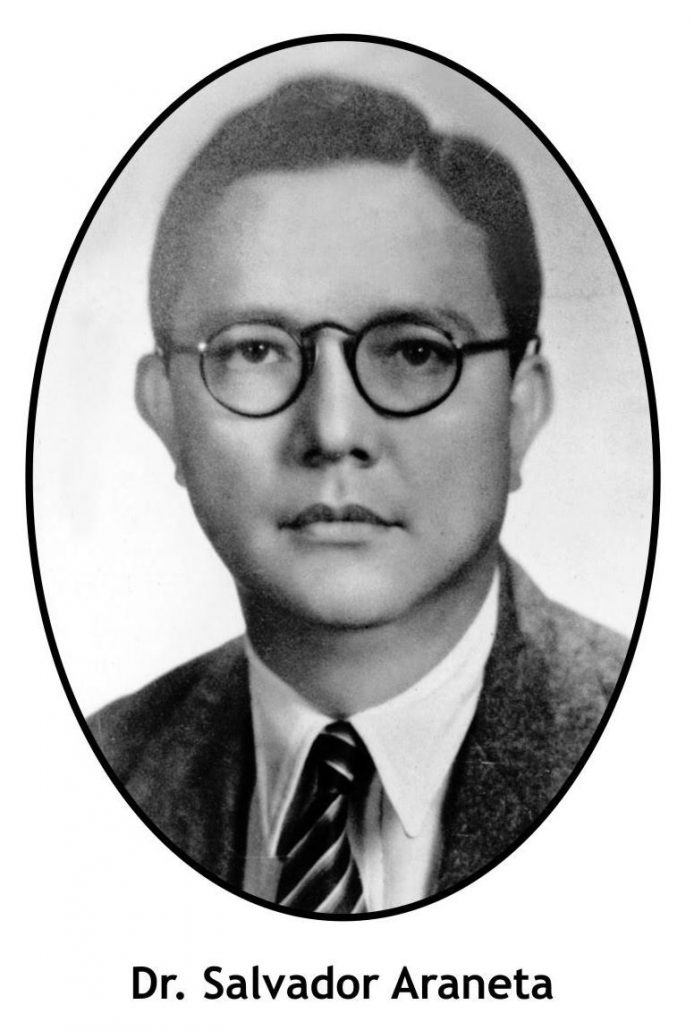 THE 1987 Constitution, also in Article XII, Section 1, mandates that “The State shall promote industrialization and full employment based on sound agricultural development and agrarian reform, through industries that make full and efficient use of human and natural resources, and which are competitive in both domestic and foreign markets. However, the State shall protect Filipino enterprises against unfair foreign competition and trade practices.”
THE 1987 Constitution, also in Article XII, Section 1, mandates that “The State shall promote industrialization and full employment based on sound agricultural development and agrarian reform, through industries that make full and efficient use of human and natural resources, and which are competitive in both domestic and foreign markets. However, the State shall protect Filipino enterprises against unfair foreign competition and trade practices.”
According to Dr. Salvador Araneta, full employment would mean that 95 percent of people who can work, and should have jobs.
Araneta explained why full employment is important. People who are working constitute our national asset as they represent hands and minds which are productive. They constitute deflationary forces. On the other hand, unemployed people need to be fed, clothed, and sheltered and yet their hands and minds are unproductive.
The unemployed increase the demand of goods without creating a supply for their own necessities. When the demand for goods exceed the supply, we have inflation.
To solve the problem of inflation, Dr. Araneta recommended the likes of a vast reforestation program, a bold housing program for low to medium cost housing, essential infrastructure, establishing rural schools and vocational schools, colleges and universities, hospitals, etc.
Araneta called for the democratization of wealth and of power as well as capitalism for all.
As an example, during the tenure of President Ramon Magsaysay, Magsaysay appointed Araneta as his Economic Czar. Magsaysay ordered Araneta to come up with a plan to solve unemployment, and gave him five days to do it. Unfortunately there was the lack of money, the ever unreachable figure that could end up in deficit spending. So Araneta’s plan went no further.
Among the proposals of Araneta was low cost to medium cost housing.
Araneta was for country side development which could be achieved by giving incentives to both factories and people to move to the provinces giving incentives to both sectors to do so.
Aranta’s proposal would also decongest Manila from informal settlers, reduce crime rate and add to the peace and order situation in the fifties.
Araneta saw the importance of families owning their own home. He said, “A family owning a home is a great stabilizing factor. Ir provides the family with a sense of security and self-respect.”
With low cost-to medium cost housing projects, the transfer of factories to the province, the building of roads and highways that would connect one province to another would facilitate transfer of agricultural goods. An increase in commerce would provide employment and with more people employed a higher standard of living could be achieved.
Araneta’s plan always included private participation in the economic life of the nation. He said government should not compete with private enterprise and should welcome private initiative by withdrawing from such business entities when the private sector is ready to come in and do the job.
Under the 1987 Constitution Article XIII on Urban Land Reform and Housing, Section 9, “The State shall, by law, and for the common good, undertake, in cooperation with the private sector, a continuing program of urban land reform and housing which will make available at affordable cost decent housing and basic services, to underprivileged and homeless citizens in urban centers and resettlement areas. It shall also promote adequate employment opportunities to such citizens. In the implementation of such programs, the State shall respect the right of small property owners.”
Social Justice, Human Rights and Declaration of Principles and State Policies in the 1987 Constitution
While the Provision in the Preamble should permeate our society, the provisions on Social Justice and Human Rights are not tackled until almost the very end of the Constitution. It comes in as the 13th of 18 Articles.
The following are the various Articles and Sections on Social Justice and Human Rights. Once again, provisions recommended under the Bayanikasan Constitution are incorporated into the Charter of the 1987 Constitution.
Please see Section 1 of Article XIII on the provision regarding diffusion of Wealth which Dr. Araneta called, the Democratization of Wealth which is discussed lengthily in his book on the Bayanikasan Constitution.
Article XIII Social Justice and Human Rights under the 1987 Constitution
Section 1. The Congress shall give highest priority to the enactment of measures that protect and enhance the right of all the people to human dignity, reduce social, economic and political inequalities, and remove cultural inequities by equitably diffusing wealth and political power for the common good.
To this end, the State shall regulate the acquisition, ownership, use and disposition of property and its increments.
Section 8. — The State shall provide incentives to landowners to invest the proceeds of the agrarian reform program to promote industrialization, employment creation, and privatization of public sector enterprises. Financial instruments used as payment for their lands shall be honored as equity in enterprises of their choice. (To be continued/PN)





